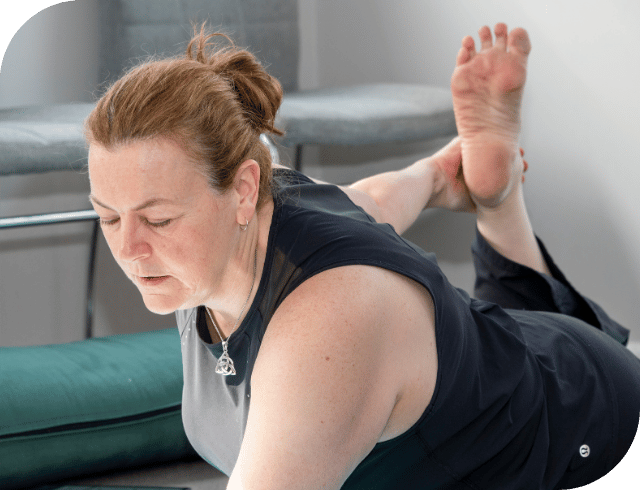Think about holding your breath for too long. Feels uncomfortable, right?
Breathing is usually automatic, something we don’t notice unless we focus on it. When we do, we might feel a bit tight in the chest. But breathing is much more than just taking in oxygen.
Breathing affects how our brain works, including our memory, emotions, and stress levels. When we breathe properly, it helps our nervous system calm down, lowering our pulse and blood pressure.

Everybody Nose
Your nose isn’t just for smelling – it’s specially designed for breathing. Breathing through your nose increases oxygen intake and produces nitric oxide, which helps your body and mind function well. Nose breathing lowers blood pressure, boosts immunity, improves memory, and keeps you calm.
Fill Your Lungs
Think of your lungs in three parts: the bottom third near your belly, the middle around your ribs, and the top near your collarbones.
The bottom third is the most efficient for oxygen exchange. When you breathe deeply, allowing your upper abdomen to expand, you get the best oxygen flow. This type of breathing is efficient and relaxing, activating your parasympathetic nervous system to help your body rest and recover.
On the other hand, breathing into the upper part of your lungs is less efficient and more energy-intensive, meant for stressful situations (like running from danger). If we breathe like this all the time, it keeps stress hormones high, weakens our immune system, and makes us feel anxious and tired.

Explore Your Breath Right Now
Take a moment to notice:
- Is your breath long or short?
- Is it smooth or jerky?
- Fast or slow?
- Are you breathing through your nose?
- Does your belly expand as you breathe in?
Yoga offers many simple techniques to help change the way we breathe, and it can be done from the comfort of a chair.
Interested in joining one of our gentle yoga group classes, feel free to reach out to learn more.



